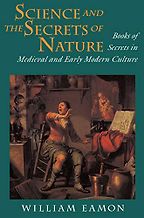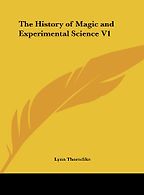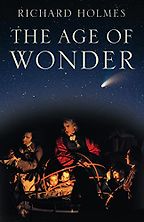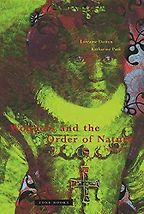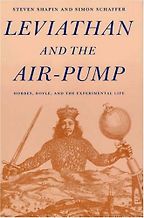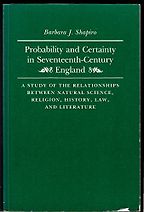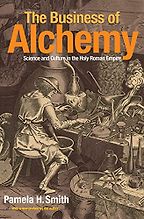Books by William Eamon
“One of the things that Eamon does is he looks at how a genre reflects knowledge, that is, he looks at the way that we shape our knowledge through forms of communication. He explores changes in media over time, from antiquity (when these secrets were given to initiates in a cave), to early modernity after the invention of print, which gives rise to a flourishing print market for these ‘how-to’ books.” Read more...
The best books on The Scientific Revolution
Vera Keller, Historian
Science and the Secrets of Nature
by William Eamon
This book gives fantastic context for how people have thought about nature as a treasure trove of secrets
Interviews where books by William Eamon were recommended
The best books on The Origins of Curiosity, recommended by Philip Ball
Modern science emerged only when it became acceptable to ask any question about anything – and that required erosion of traditional hierarchies, says the science writer
-

1
Wonders and the Order of Nature 1150-1750
by Lorraine Daston and Katharine Park -

2
Science and the Secrets of Nature: Books of Secrets in Medieval and Early Modern Culture
by William Eamon -

3
Leviathan and the Air-Pump
by Simon Schaffer & Steven Shapin -

4
Probability and Certainty in 17th Century England. A Study of the Relationships between Natural Science, Religion, History, Law and Literature
by Barbara Shapiro -

5
The Business of Alchemy: Science and Culture in the Holy Roman Empire
by Pamela Smith
The best books on The Scientific Revolution, recommended by Vera Keller
The best books on The Scientific Revolution, recommended by Vera Keller
The scientific revolution is often seen as having transformed the way we think and ushered in the modern world, but in highlighting the work of a few key individuals, it has distorted the reality of how science advances in society and how it interacts with truth. Here, Vera Keller, Professor of History at the University of Oregon, challenges popularly held assumptions about the scientific revolution and explains how its meaning, significance and importance have been disputed and misunderstood.
